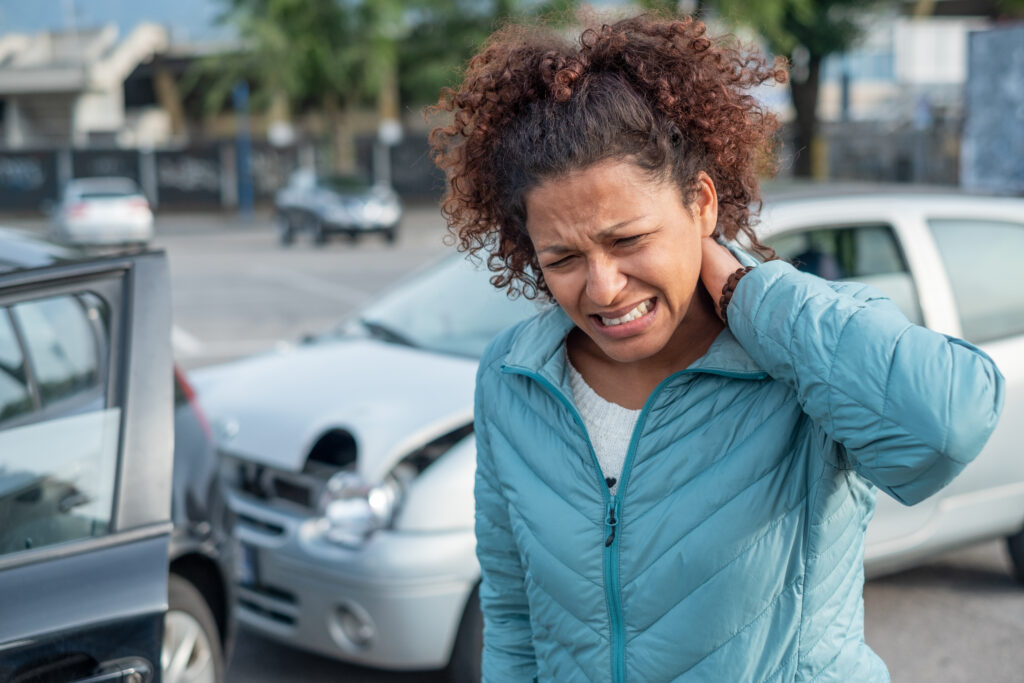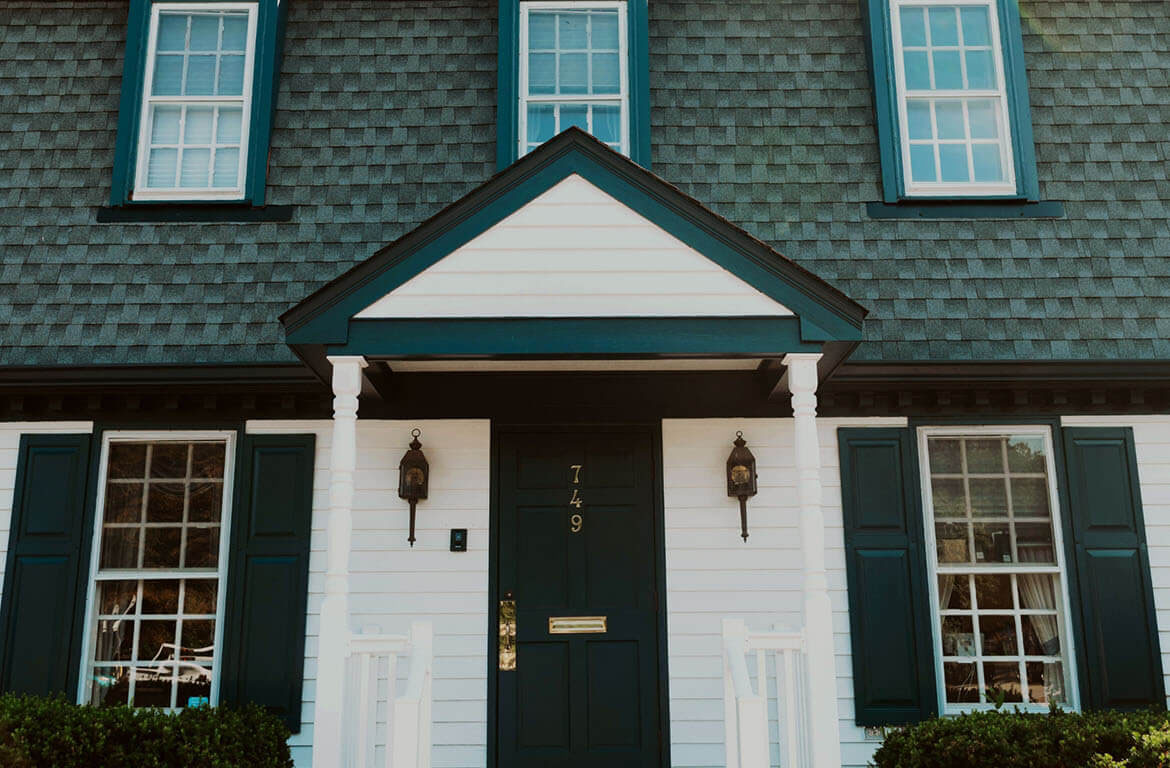Every driver on Virginia’s roads has a legal duty to operate their vehicle with care, ensuring the safety of others. This principle, rooted in general negligence laws, forms the foundation of Virginia's Lookout Law. Under this law, drivers are expected to exercise proper caution, stay vigilant, and avoid preventable accidents. This is especially relevant in common scenarios such as rear-end collisions or backing-up mishaps, where a moment of inattention or a failure to yield can have serious consequences.
If you’ve been injured in a rear-end or backing-up accident, your ability to recover compensation can hinge on how effectively you demonstrate the other driver’s negligence. This is where Coletrane & Messersmith’s personal injury lawyers can make all the difference. With years of experience navigating Virginia’s traffic laws, our team will fight to ensure you get the compensation you deserve. Contact us today for a free consultation to discuss your case and the compensation you may be entitled to.
Understanding Virginia’s “Look Out Law”
Virginia's Lookout Law emphasizes the fundamental duty of drivers to maintain a vigilant and proper lookout to prevent accidents caused by negligence. This means drivers must use ordinary care to observe their surroundings, including vehicles, pedestrians, and any potential hazards, and take reasonable actions to avoid collisions.
Failing to meet this obligation can significantly impact fault determination in car accidents, as negligence under this law directly ties to a driver's failure to uphold their duty of care. Those who neglect this responsibility may be deemed at fault and risk losing the opportunity to claim damages under Virginia’s strict contributory negligence standards. Understanding and adhering to these principles is critical for both protecting your legal rights and ensuring the safety of others on the road.
The Look Out Law and Rear-End Accidents in Virginia
Rear-end accidents in Virginia often carry a presumption of negligence, blaming the driver who struck the vehicle in front. This presumption plays a significant role in fault determination, meaning victims of rear-end collisions frequently have substantial grounds to seek compensation for damages. However, it’s vital to remember that this rule is not inflexible and that some exceptions exist, shifting the focus to the specific actions and responsibilities of all parties involved.
Below are some key exceptions to the rear-end fault rule in Virginia:
- Sudden Stop Without Warning: If the front vehicle makes an abrupt and unreasonable stop without proper warning, the rear driver may not be held entirely at fault.
- Mechanical Failure: When the rear driver’s inability to stop is due to an unavoidable mechanical failure unrelated to negligence (e.g., brake malfunction), liability could be contested.
- Improper Lane Changes: If a vehicle cuts in front of the rear driver suddenly and doesn’t allow enough time to react, the presumption of rear-driver negligence could be challenged.
- Backing-Up Scenarios: When both vehicles are reversing at the time of the collision, fault may be shared or shifted depending on the circumstances.
Understanding these nuances is critical for protecting your legal rights after an accident. Consulting knowledgeable personal injury attorneys can help establish the specifics of your case and challenge any unjust fault presumptions.
Applying the Look Out Law to Backing-Up Accidents
Backing-up accidents, especially in crowded places like parking lots, present unique challenges when applying Virginia’s Lookout Law. This law requires drivers to exercise ordinary care and vigilance to avoid preventable accidents, even in tight, low-speed environments. Parking lots can often become hotspots for backing-up incidents due to limited visibility, frequent pedestrian traffic, and narrow spaces. Under the Lookout Law, both drivers and pedestrians must uphold their duty to remain alert and cautious.
If two vehicles are backing out at the same time, both drivers are required to stay alert and react reasonably to avoid a crash. Similarly, pedestrians walking through a parking lot must ensure they do not step into the path of an oncoming vehicle unexpectedly. Determining fault in these situations depends heavily on whether all involved parties fulfilled their obligations under the Lookout Law. Consulting an experienced personal injury lawyer can be key in understanding the complexities of such accidents and protecting your rights.
How the Lookout Law Impacts Your Virginia Car Accident Claim
To build a strong claim, accident victims must present clear evidence demonstrating that the other party failed to observe their duty of care. Whether it’s a failure to check mirrors, excessive speed, or neglecting to yield right-of-way, proving that negligence occurred is essential for a successful outcome, especially in a state like Virginia, where contributory negligence can bar you from recovering damages if you’re found even partially at fault. Witness testimony can be critical in supporting your car accident claim under the Lookout Law. Witnesses can provide an unbiased account of the events leading to the collision, detailing whether a driver failed to remain vigilant or took actions that directly caused the crash.
Such testimonies can strengthen your case significantly when paired with other evidence like photos, videos, or accident reports. Given the strict legal standards in Virginia, having strong witness statements could be the difference between securing compensation and walking away empty-handed. Seeking help from experienced legal professionals can ensure all relevant evidence, including witness testimony, is effectively gathered and used in your claim.
What to Do After a Rear-End or Backing-Up Accident in Virginia
If you’ve been involved in a rear-end or backing-up accident in Virginia, taking the right steps immediately can make a significant difference in protecting your health, legal rights, and potential claim. Taking the right steps not only protects you legally but can also help you handle the aftermath more smoothly. Here’s a simple game plan to follow if you find yourself in this situation:
- Check for injuries. First things first, make sure everyone is okay. Call 911 if anyone is hurt or needs medical attention.
- Move to a safe location. If you can move your car without causing more damage or putting yourself at risk, find a safer spot, especially if you’re in a busy area like a parking lot or the side of a road.
- Exchange information. Chat with the other driver(s) and trade your names, phone numbers, and insurance details. It’s quick, easy, and super important.
- Document the accident. Take photos of everything – car damage, the accident scene, any injuries, and the surroundings. These can be a lifesaver when working on your claim.
- Talk to witnesses. If other people saw what happened, get their contact info. Their account might be vital for your case later.
- Call your insurance. Let your insurance company know about the accident. Just stick to the facts and avoid admitting fault before speaking to an attorney.
- Consult with a personal injury lawyer. A personal injury lawyer can walk you through your options and make sure you’re doing what’s necessary to protect your rights.
By staying calm and following these steps, you’ll be in a much better position to deal with the situation and get back on track faster.
How Newport News Personal Injury Lawyers Can Help
If you or a loved one has been involved in a rear-end accident in Virginia, the Newport News personal injury lawyers at Coletrane & Messersmith are here to help. With years of experience in handling car and truck accident cases, they understand the intricacies of Virginia’s traffic laws, including the Lookout Law, and use this knowledge to build strong cases for their clients. They take a personalized approach, carefully evaluating every detail of your accident to ensure your unique needs are met.
Coletrane & Messersmith are committed to fighting for fair compensation for their clients, whether that means negotiating with insurance companies or taking the case to court. They know the impact a car accident can have, not just on your health, finances, and peace of mind. Contact Coletrane & Messersmith today for compassionate and skilled support when you need it most.



